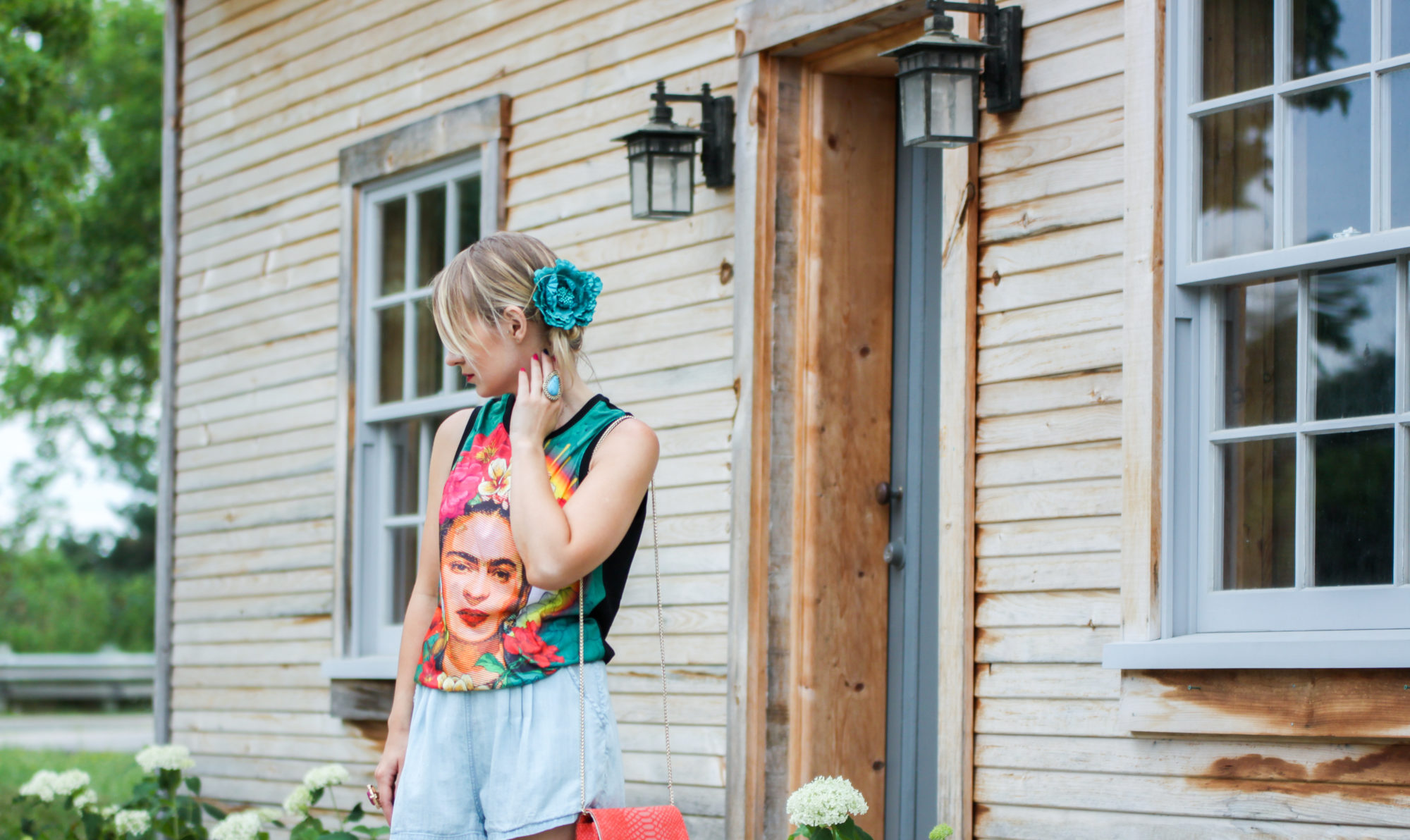
The simple life; a term typically used to describe country life. But I gotta say, my life was a lot simpler when I was living in Toronto. At least from a home maintenance perspective. For one, I never had to worry about where my water came from, nevertheless hard water. I mean, hard water, what is that even?
Because we’re partially off the grid, our water comes from a well. That means we no longer rely on municipally supplied water and are responsible for our own water source. And sadly, left dealing with the effects of hard water on hair and skin. Never a dull moment around here in the country folks, there’s something new for a city girl to learn every day.
So, for beginners, what is hard water? Not something you have to worry about if you live in the city. But once you start leaving the outskirts of Toronto, it’s a thing. Hard water contains excessive minerals, typically calcium and/or magnesium. While that might sound great and all, it’s actually not very good for your hair and skin. How do you know if you have hard water? It’s not easy to miss. You will literally notice a hard, white deposit (calcium) around your faucet spout and sink over time.
How hard water affects hair
The mineral buildup from hard water can cause colour to fade. So if you’re a blonde this means brassiness. Additionally, the calcium can change the colour and even potentially give your hair a slight green tinge. Not only does my blond colour suffer from brassiness but I swear on one occasion I was getting that green tinge. At which point I slightly freaked out and started using purple shampoo again.
Aside from colour fading, hard water also causes dryness. This leads to a dry scalp and dull hair. Over time hair can become more brittle and even lead to breakage. This is causes by a buildup of the calcium and magnesium minerals which produce a film on the hair. This film makes it difficult for moisture to penetrate and leads to the aforementioned dry scalp, dull hair and breakage. Based on some research I’ve done, this can even lead to hair loss if left untreated.
To remove the mineral buildup you can use a clarifying shampoo at least once a week. Clarifying shampoos help to break down residue, either from the hard water or excessive product use. Another option I’ve read about but haven’t tried, is a chelating shampoo. Chelating formulas are stronger than clarifying shampoo. The formula bonds to the minerals from the hard water on the hair and removes them.
As for the colour fading, the only thing that worked for me was a purple shampoo. I’ve actually tried a few over the past year and am putting together a blog post on purple shampoos shortly.
The effects of hard water on skin
The minerals in hard water not only leave a residue on your hair, but on the skin and face as well. Over time this build up can clog the pores. This strips the natural moisture from the skin and changes the skin’s pH levels leading to dry skin.
Specifically for the face, over time the skin residue leads to clogged pores which can cause acne and eczema. Cleansing with micellar water can help.

Also, after washing and patting your face to dry apply a moisturizer while the skin is still slightly damp. This helps the moisturizer to absorb better. Opt for a moisturizer that contains ceramides and niacinamide. These ingredients help to hydrate and help strengthen the skin barrier.
While I know this post on the effects of hard water on hair and skin wasn’t for everyone, I’m hoping that some of you fellow country bumpkins or cottagers found it useful.
